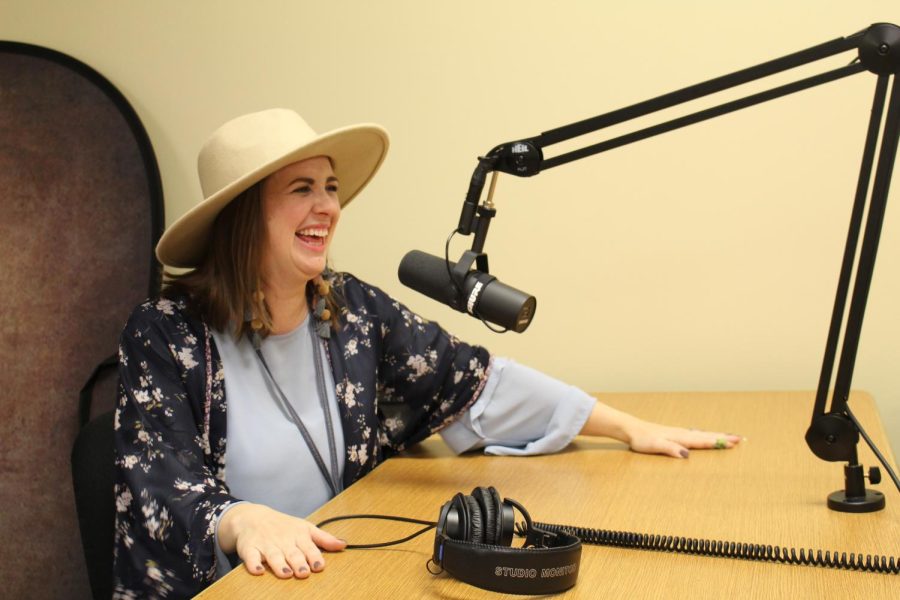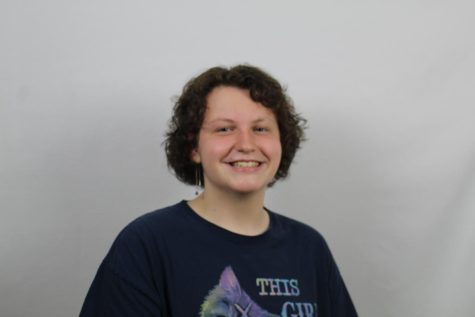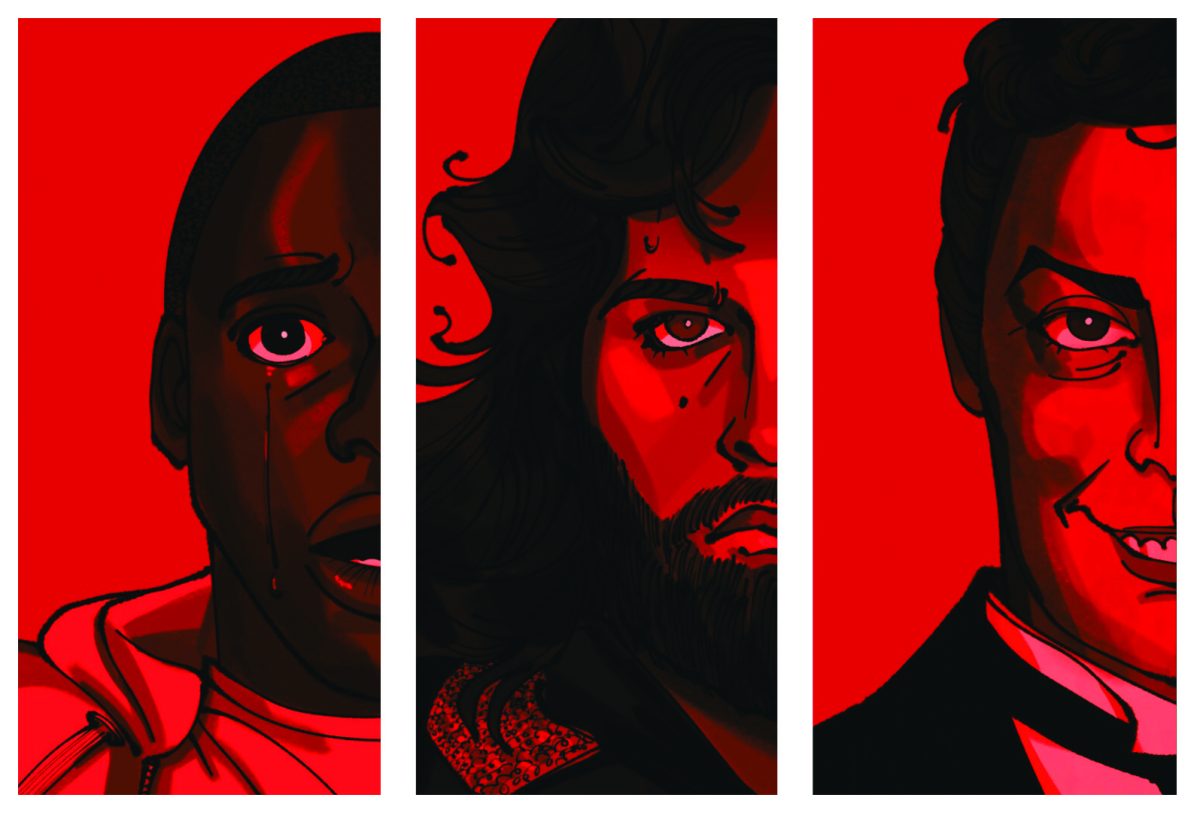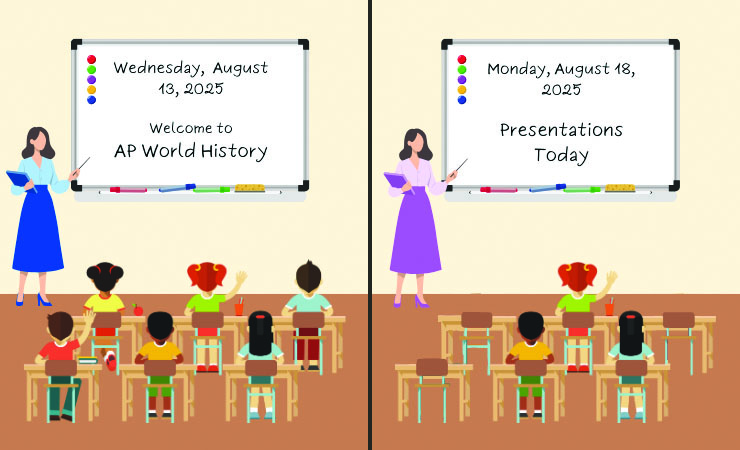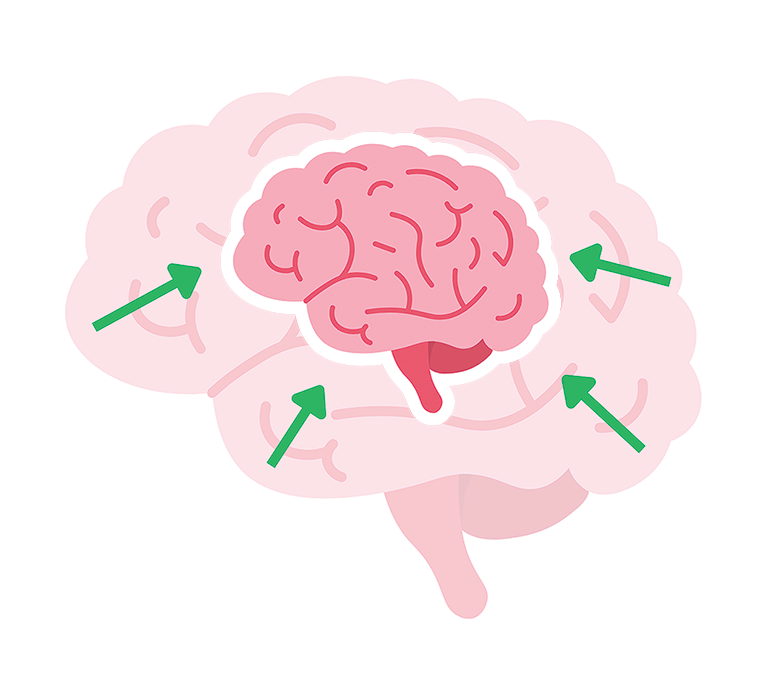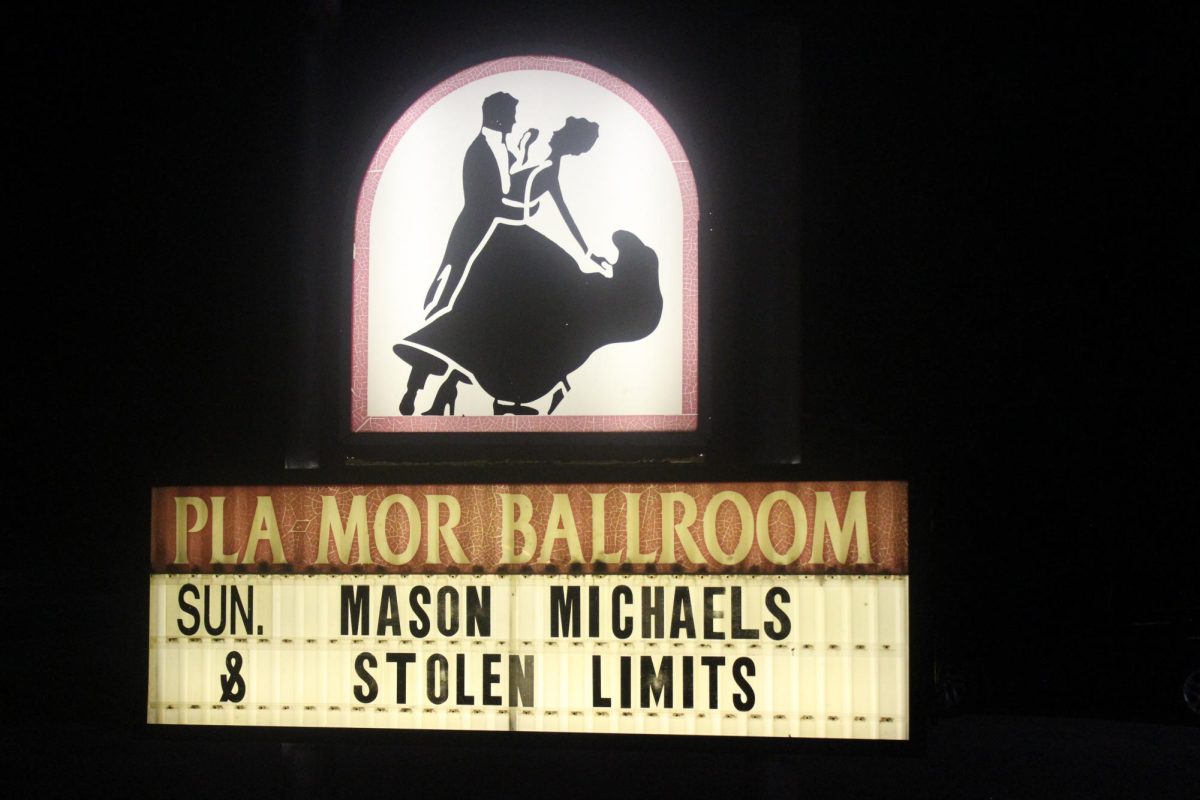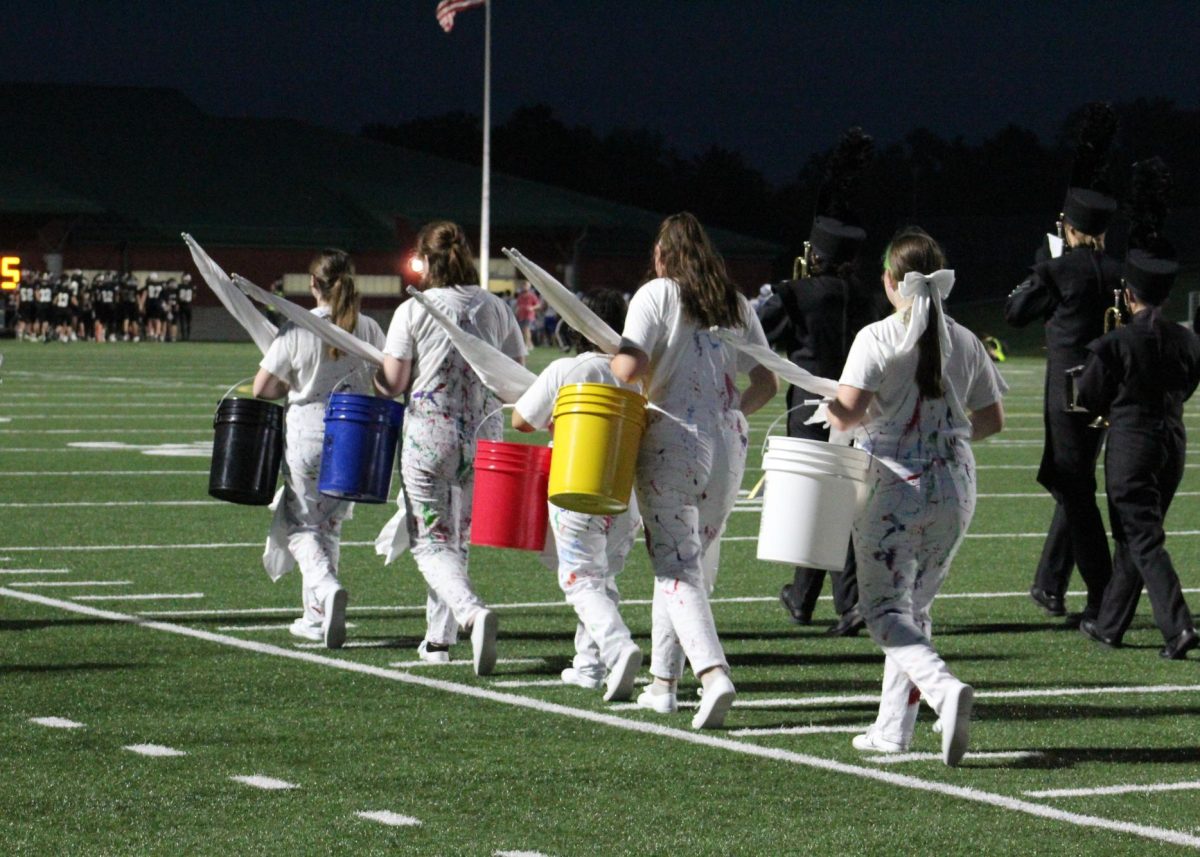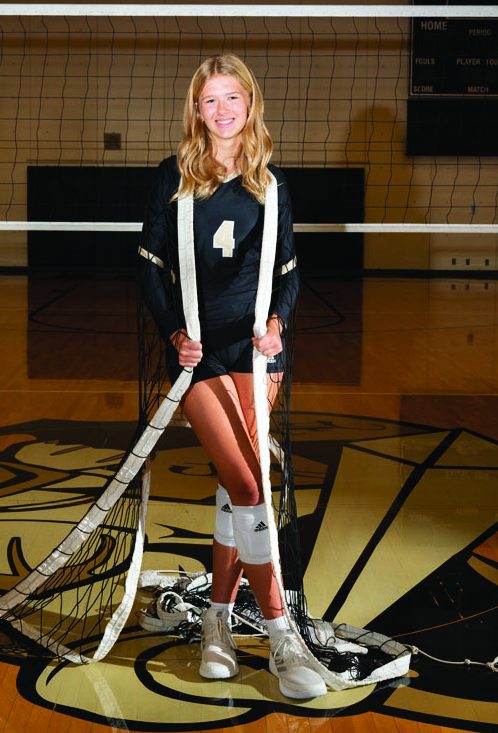The Digital Forge: New Media Center Studio open to LSE creators
October 4, 2022
This school year, the LSE Media Center was proud to announce the addition of the Digital Studio. The new studio, which has been named “The Digital Forge”, is now home to two camcorders, three cameras, a stream deck, and lighting equipment.
The Library staff are very excited for students to utilize the studio to create visual and auditory media. What was once a computer room that sat unused– due to all LPS students owning Chromebooks– has changed into a lively place for students and staff alike to express themselves creatively in a medium that was not previously accessible.
The new studio is the brainchild of lead librarian, Sara Friest. Friest has been the head librarian for four years, but was previously employed as a media technician at LSE back in 2012. In 2016 she had to leave LSE to get some student teaching under her belt so she could earn her teaching certificate and become a full-fledged librarian.
“I had always wanted to teach a classroom about podcasting but never had any takers,” Friest said. Luckily, in March of last year, Sports Literature teacher Chris DeAmbrose thought it would be a great idea to have a podcasting unit in his class.
After teaching the unit, students of the class that were normally never in the library, came in to tell Friest how much they enjoyed it.
Word spread like wildfire around the teachers’ lounge, and Friest knew what she had to do.
“I started by trying to find other libraries that had spaces like this, but what I soon found out is that not many places have them,” Friest said. This threw an unexpected wrench in Friest’s plans but, alas, she persevered.
“I ended up reaching out to people I knew who were in the field and doing a lot of my own research,” Friest said. Finally, when Friest felt that she could convince the admin team to get rid of the computer lab and make a new space, she made her pitch.
“As soon as I said “digital studio space” and I explained the kind of things I wanted to do, they were immediately on board,” Friest said.
The next question was the budget for the studio.
“They asked me to put together a few lists of equipment at different price ranges: baller, mid-range and budget. I sort of thought we would start small and grow from there,” Friest said.
“They looked through the lists I had put together, and decided to give me 30,000. I immediately panicked because that is a lot of money,” Friest said.
With a budget this big, Friest knew she needed the best equipment for the students. She reached out to some connections she had at the district office that do a lot of the videography and audio there.
“I was able to make a pretty solid list of equipment, but still needed permission from one more person, Chris Heffner, the Library Media Services Director at the District Office,” Friest said.
She went to the office and Heffner was immediately on board as well.
“She said figure everything out and then you’re gonna teach all the other buildings, so I think the idea is that eventually every building will have a digital media space,” said Friest. Now that Friest had gotten permission and received a budget, she was ready to order. The transformation took place just before the 2022-2023 school year started.
Now if you head up to the media center, you will see video and audio equipment of all kinds. The only thing they are still waiting on are a few MacBooks that will be utilized for post-production editing.
While all of this is already a lot for one person, Friest’s ambition doesn’t stop there.
“In the future I want to expand this space to accommodate music recording as well as broadcasting, I am not sure exactly what that looks like just yet but I am learning more each day. I would also like to use this space for video announcements, we do one a week now but I think doing one everyday is a possibility,” Friest said.
It’s obvious digital media is something that excites Friest and she is happy to share the excitement with her students and everyone in the LSE community.
“This space is for the entire LSE community. This is a place for students to come and try things out, a space for teachers to come with classes and it is a space for teachers to create content for their classes. It’s really for everyone,” Friest said.

